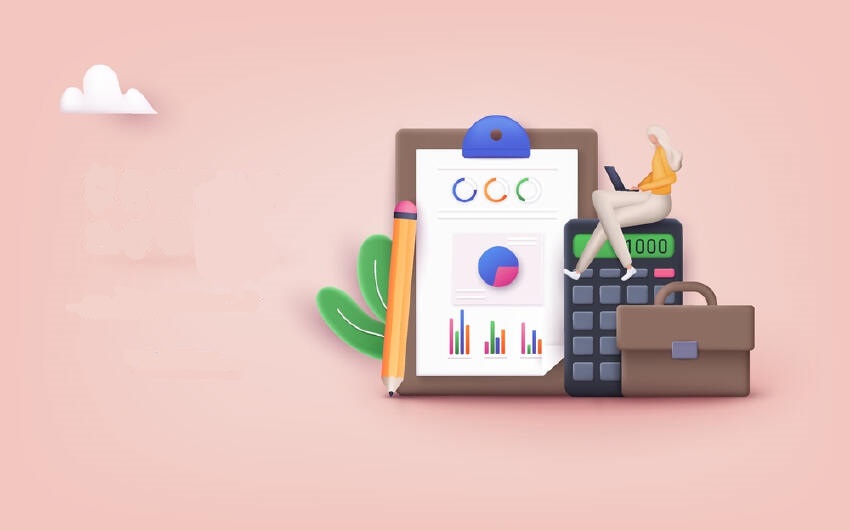
In finance, unsecured debt refers to any sort of debt or general obligation that is not guaranteed by a guarantor or collateralized by a claim on the borrower's specific assets in the event of bankruptcy, liquidation, or inability to satisfy repayment obligations. Unsecured debt is also known as signature debt or personal loans. These are distinct from secured debt, like a mortgage, which is backed by real estate.
A loan is the lending of money by one or more persons, organizations, or other entities to other individuals, organizations, or other entities in finance. The receiver incurs a debt and is often required to pay interest on that loan until it is repaid, in addition to repaying the primary amount borrowed. The paperwork confirming the debt will often include information such as the principal amount borrowed, any interest rate charged by the lender, and the date for repayment. A loan is a temporary reallocation of a subject asset between the borrower and the lender.
Personal Loan EMI Calculator is a useful online automated tool for calculating your EMI (Equated Monthly Installment). It's really simple to use. All you have to do is input the loan amount, interest rate, and loan tenure. The online calculator will give you the answer in a fraction of a second! The Personal Loan EMI Calculator simplifies loan planning for you.

When applying for a personal loan, one of the first things you'll be asked for is a credit report. This may be obtained from any of the four RBI-licensed bureaus, namely TransUnion CIBIL, Equifax, Experian, and CRIF Highmark. A credit report is essentially your credit score that tells a bank or lending institution on your creditworthiness. The credit bureaus listed above gather information from their members to offer information on your credit history, and a credit score of 750 to 900 is regarded excellent. The higher your credit score, the more likely your personal loan will be accepted.
Personal Loan qualifying requirements vary per lender, but they often include age, employment (salaried vs. self-employed), and income. Check your personal loan eligibility with your bank or financial institution before applying for a loan. The majority of lenders demand borrowers to be between the ages of 21 and 55, and in certain circumstances between the ages of 18 and 60. Income vs. current expenses/EMI payments is often one of the most essential eligibility factors because it directly correlates with your capacity to repay the loan.
Many lenders now include a personal loan eligibility calculator to help consumers get a general notion. Repay your existing loans prior to applying for a new loan. Ensure you make timely payments of your credit card dues and also completely. Maintain a positive debt repayment and credit history. Ensure that your credit score is above 750.

Before taking out another loan, it is essential to review all previous financial responsibilities. This includes both monthly costs and EMIs. If you can have a flexible payback plan, it will help you manage your money better and more easily. Personal loans are available with payback terms of up to 60 months. Furthermore, consumers may benefit from low interest rates on personal loans as well as a totally digital paperwork procedure for speedy loan disbursement.
Q. What are the age requirements for get a personal loan?
Ans. The majority of lenders demand borrowers to be between the ages of 21 and 55, and in certain circumstances between the ages of 18 and 60.
Q. In India, can an 18-year-old get a loan?
Ans. Personal loans are available from most banks and NBFCs to applicants aged 18 to 65. For personal loan eligibility, salaried candidates must have at least one year of work experience. Individuals who work for themselves should have been in business for at least two years.
Q. At what age does the bank not gives loans?
Ans. There is no formal maximum age at which banks will no longer make loans. However, you must be at least 18 years old. Each lender has its own set of requirements, and the higher and lower age limitations will vary. So it's always a good idea to do some research to locate one that works for you.
If you are interested in a Personal Loan then click on this link: bankbazaar.com

.webp)